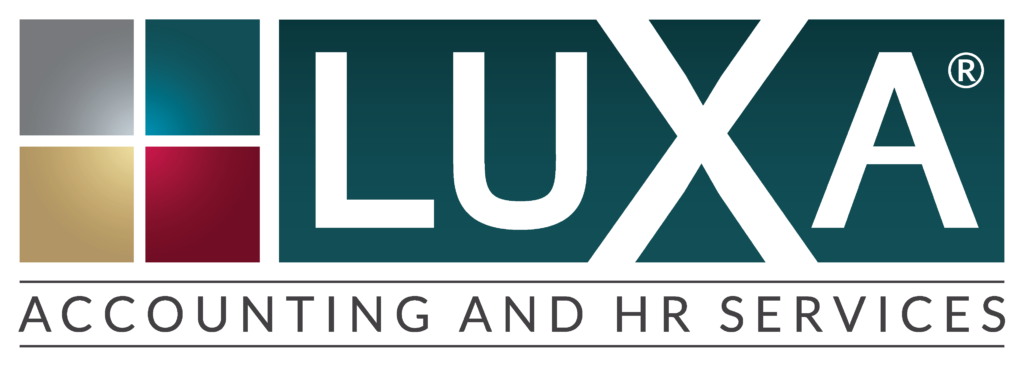
A goal-driven, passionate, proactive, and well-skilled employee is a dream come true for any business owner. In today’s highly competitive work environment some companies can boast hiring dozens of such workers. Then why is the overall retention rate so low?
The reason lies in an improperly structured company culture, recognition and rewards being its most underestimated component.
Many business owners and managers make the mistake of believing that a salary is a good enough motivation for excellent performance. Let’s look a little deeper into why they are wrong and what can be done about it.
The Utter Importance of a Proper Recognition and Rewards System in a Workplace
A survey conducted by Achievers in 2017 showed that 25% of people who plan to leave their jobs in the nearest future cite “lack of recognition” as a reason.
Meanwhile, according to OC Tanner’s research, 79% of employees who leave their jobs name lack of appreciation as the major reason for quitting.
An inadequate system of rewards gets the sixth position in the list of reasons why people are unhappy with their jobs, according to Investopedia.
Due to employee retention being a major issue in the United States, the list of such studies goes on and on.
Why do you need to rethink your recognition efforts?
1. Retention
We’ve already talked about retention. To consolidate the theory, let’s look at how much employee turnover can cost your company. Considering the cost of hiring, onboarding, training, learning, development, replacing an employee with a midrange position costs a company about 20% of the annual salary. For companies with 100 or more employees, such losses can amount to millions of dollars.
Proper recognition can boost retention rates, thus saving a business of any size a substantial amount of money.
2. Productivity
Recognized employees are more productive than their underappreciated colleagues are. According to a study by Globoforce, 79% of workers say they work harder when recognized.
Harvard Business Review explains that inspired workers are 125% more productive than simply satisfied employees are.
A smart rewards system can keep employees passionate about their job and inspire them to work harder.
Working on the Recognition and Rewards System
Even if you already have a system in place, you may want to consider strengthening it to achieve better results.
1. Employee (or Team) of the Month Award
Take the time to set goal-oriented guidelines for earning employee or team-of-the-month award. Make sure all employees and teams can vie for the reward equally.
Do part-time workers have a shot?
Can newcomers earn an award?
All these details must be worked out carefully and communicated clearly.
Poorly worked-out employee-of-the-month programs backfire. Workers may believe that awards are handed out solely to favorites.
Rewards can vary from cash prizes and free parking to movie and baseball tickets.
2. Employee Appreciation Program
Employee appreciation programs involve implementing a system of points. Employees receive points for showing positive qualities, contributing to improving the company culture, helping others, completing assignments early, and much more.
It’s up to you to make a list.
At the end of the month, workers can exchange points for prizes. It could be anything from corporate t-shirts and headphones to days off.
3. Celebrate Birthdays
Employee recognition begins with knowing what’s important to the person. Remembering birthdays is a step toward making a worker feel at home.
You don’t need to throw a huge party. A birthday cake and a small gift are enough.
You can also celebrate such milestones as “5 years with the company” or “a month as a team leader”.
4. Say “Thank You”
While prizes and awards can go a long way, a personal “thank you” often works the best.
Find the time to thank your employees for what they’ve done. A 30-second “thank you” speech can turn into millions of dollars, as the worker feels appreciated by the “big boss”.
If you are pressed for time, you can record a personal message. An employee is likely to share it with friends and family, thus reliving the excitement and getting inspired over and over again.
5. Invest in Learning Opportunities
By investing in the professional development of your employees, you are showing appreciation for their work. Meanwhile, offering personal development opportunities is just as important.
You can pay for work-related courses and provide partial financial support for personal development options.
6. Offer Flexibility
If your workplace is a close-knit community, you know what personal problems your employees are facing.
Sometimes, it’s in your power to help them.
For example, if a worker is about to have a baby or tending to a sick family member, you can offer flexible working hours for at least some time.
7. Recognize Personal Goals
Employees who lead an intense life outside the workplace are often more productive at work. So if the worker has a serious hobby, it makes sense to support it.
Reaching any sport, health, and intelligence-related goal requires at least some recognition on your part.
To make your recognition program work, keep the following in mind:
- Employees must have a clear understanding of the way the program works.
- Recognition programs have to give equal opportunity to all employees.
- You should give the reward immediately after the employee earns it.
Take the time to contemplate the element of surprise. While stability in the recognition programs is important, expected rewards can turn into entitlements and lose the power to inspire.
Surprise rewards may not be as motivational as regular recognition programs, but they have the power to delight, excite, and inspire employees to do their job better.
Final Thoughts
The key goal of your recognition efforts isn’t just to boost productivity and improve retention rates, it’s to tweak your company culture. The happier people are at work, the more opportunities your company has for growth and development.
This year, the National Employee Appreciation Day falls on March 6. Celebrate it by improving your recognition and rewards system.
For more information about recognition systems in the workplace, please contact us today.


